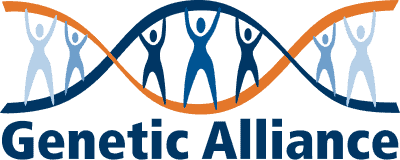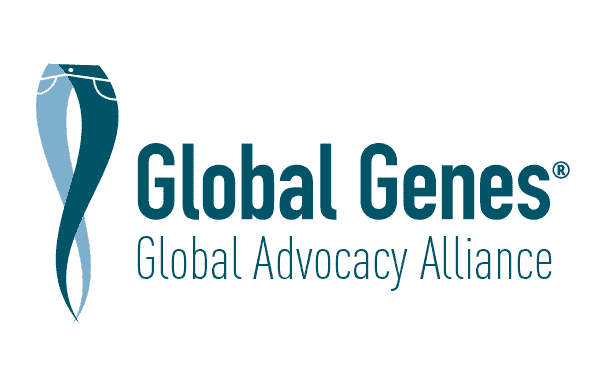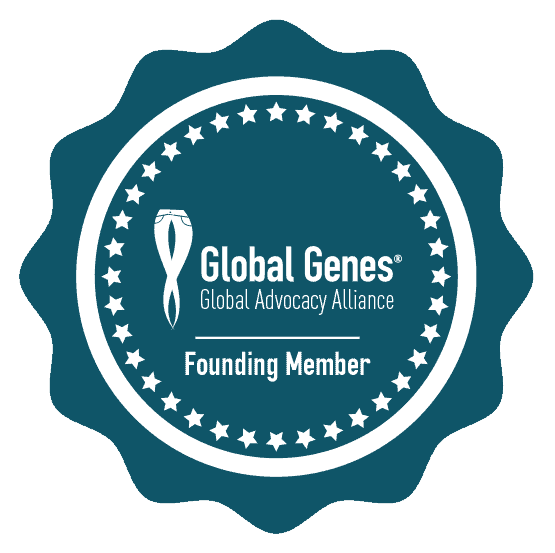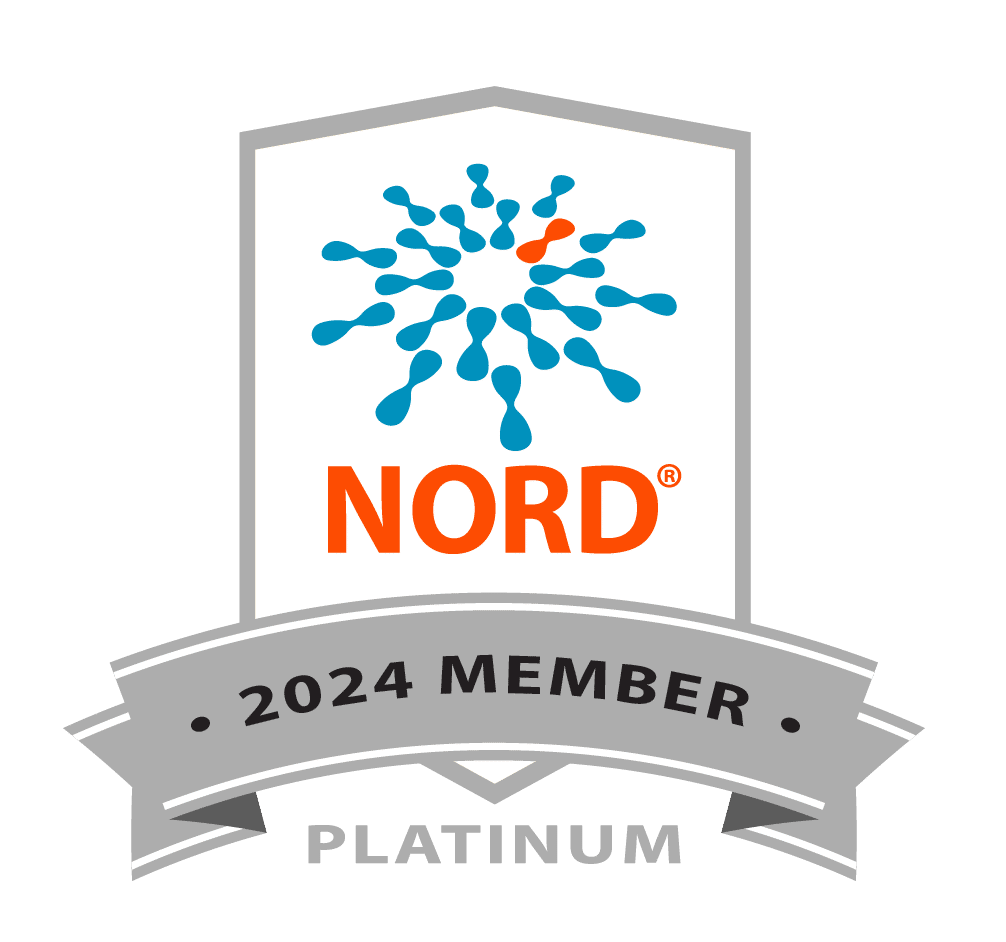Reza Ahmadian, PhD Institute of Biochemistry & Molecular Biology II, Heinrich-Heine University Dusseldorf, Germany.
The RAS-MAPK (mitogen-activated protein kinase) pathway is a kinase cascade leading to cell proliferation and differentiation. This signaling pathway has been intensively studied due to its importance in cancer development.
In the past decade a new group of genetic developmental diseases determined by germline mutations related to RAS/MAPK pathway components were identified and intensively studied. These so called RAS-MAPK-related disorders include Noonan syndrome (NS), Costello syndrome (CS), and cardiofacio-cutaneous syndrome (CFCS).
Recently, we described in detail the functional properties of a spectrum of KRAS-8 and NRAS mutations related to NS. Overall, our studies revealed several new mechanisms by which germline KRAS mutations contribute to human disease and lead to disturbed embryonic development. Two aspects are of high importance for the understanding of RAS function(s}: (i) we showed that the mild gain-of-function in the case of KRAS mutations at positions 34 and 60 is due to a mechanism counterbalancing GAP resistance by a reduced RAFl interaction; and (ii) NRAS at position 50 most likely leads to an impaired interaction between RAS and the plasma membrane. The identification of a direct interaction of RAS protein with both membrane lipids, in addition to its posttranslationallipid modifications, has provided insights into the critical roles of accessory proteins in modulating and integrating RAS in various signaling networks at biological membranes. However, the nature of these additional RAS interacting proteins as novel modulators of RAS signaling remains to be investigated. We consider that these control elements safeguard the strength, efficiency, and specificity of RAS-dependent signal transduction and provide an attractive new generation of highly selective drug targets that attenuate rather than inhibit RAS signaling.




